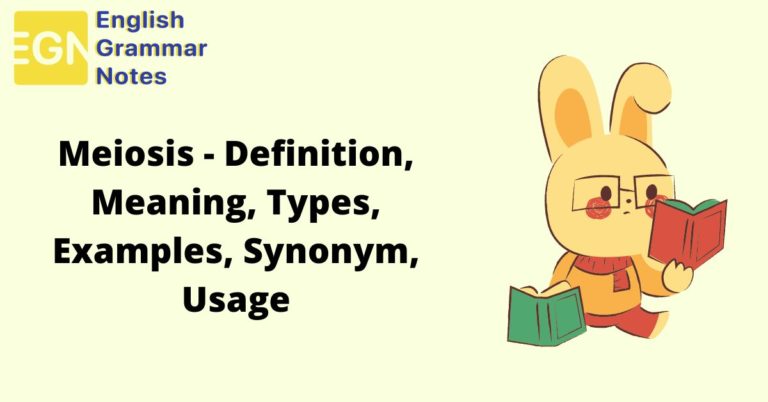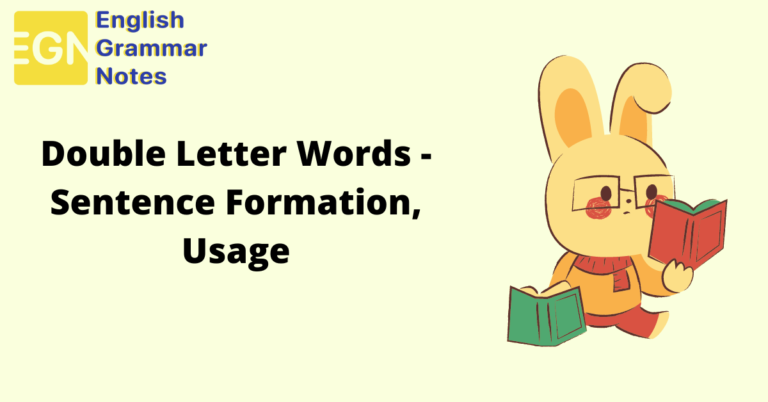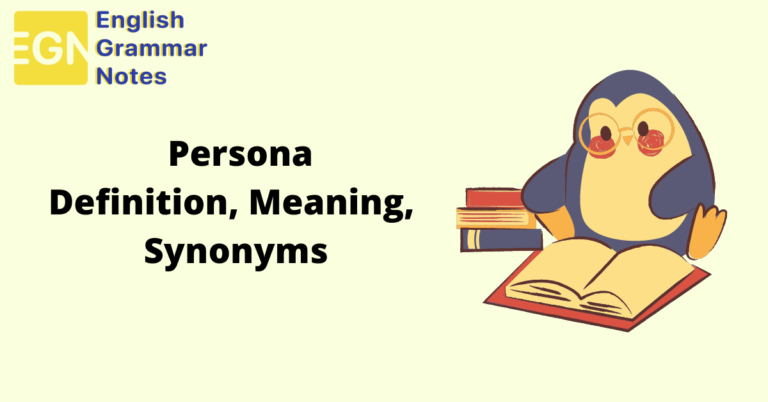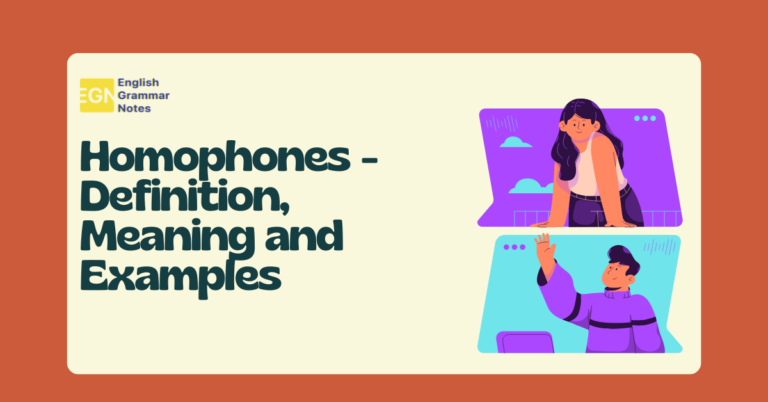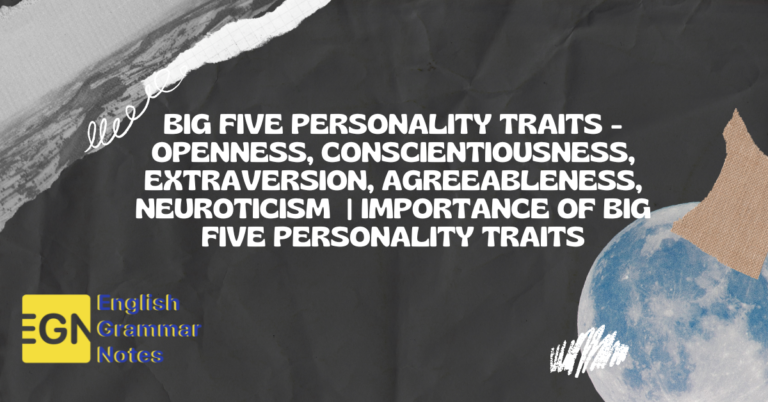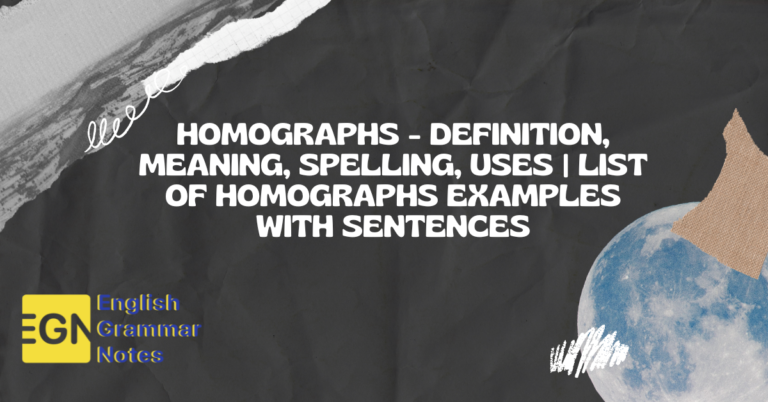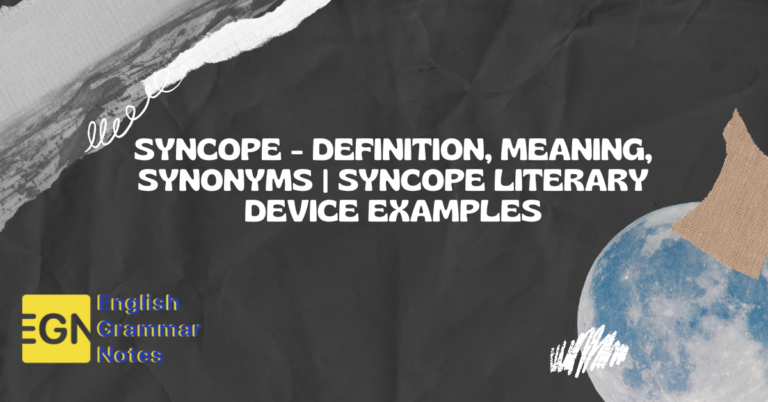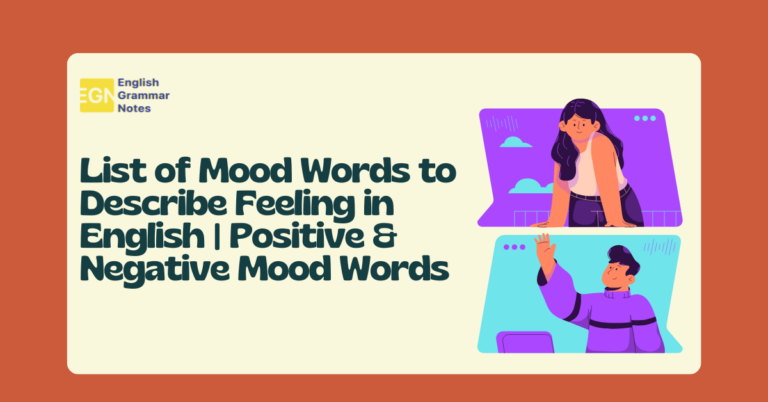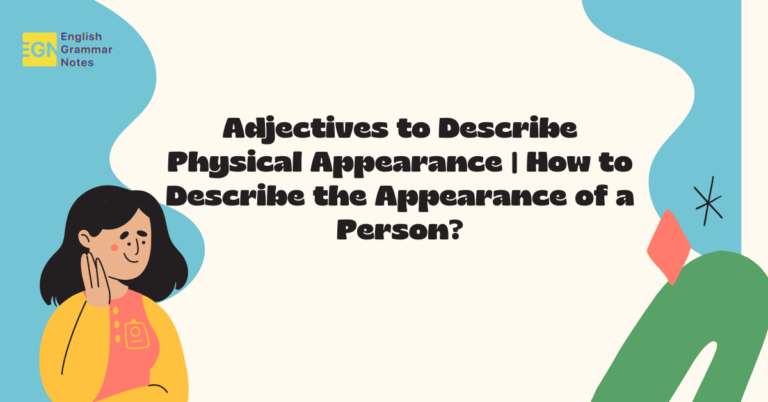Meiosis | Definition, Meaning, Synonyms, Characteristics, Functions & Examples
Meiosis is a figure of speech that has many uses both in everyday conversation and in writing. The word meiosis has its roots in the Greek word meioo, which implies “to diminish” or “to make smaller.” Writers use meiosis in order to add a dramatic effect to the text and to capture the attention of the reader. In this article, you will be introduced to all the essential information about meiosis, including its definition, characteristics, functions, related terms, etc. Definition of Meiosis Characteristics of Meiosis Functions of Meiosis Difference Between Understatement, Meiosis, and Litotes FAQs on Meiosis Definition of Meiosis Meiosis is a witty understatement that belittles or dismisses something or somebody. It makes use of terms that give an impression that something is less significant than it is or should be. Meiosis is often employed in the sense of a synonym for litotes. In literature, meiosis refers to the use of an understatement to highlight a point or describe a situation. Characteristics of Meiosis The following are the chief features of meiosis: It is an understatement that is employed intentionally. Meiosis is used to belittle a person or an event. Meiosis can be considered the opposite of hyperbole or exaggeration. Meiosis makes …
